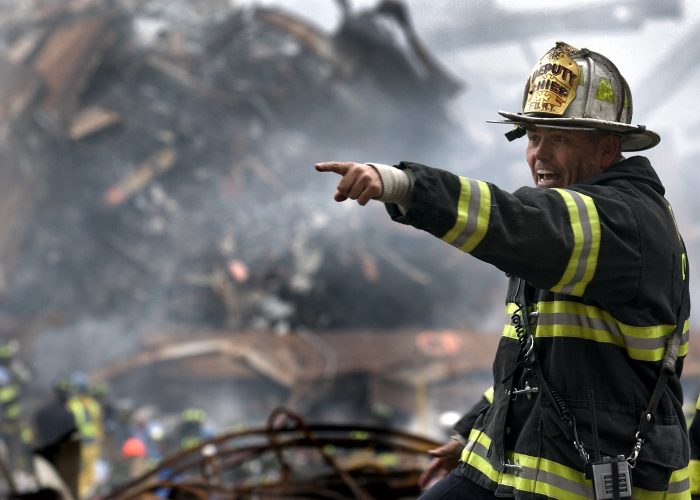The Basics of Disaster Preparedness and Recovery
November 14, 2018 12:20 am
Even if you evacuate before disasters such as the recent fires in California, these destructive forces can take away your entire home and many valuables in a single day. That’s why it’s important to do everything you can to be prepared, and to take the right steps after the disaster.
Prepare
Disasters are unpredictable, but there are a few things you can do to make sure you’re more prepared in the event of an emergency.
Store copies of important documents in a fire and water safe box. While you’re at it, keep $100–$200 of cash there too, just in case your financial institution can’t give you access to your accounts immediately following a disaster.
If you live in a flood-prone area, it’s a good idea to take out flood insurance, because homeowner and renter’s insurance usually don’t cover flood damage. In Montana, wildfire might also be a possibility, so check that your coverage is adequate to protect you. Make sure you have documentation for all of your most valuable items so you can provide as much information as possible to your insurance company.
Unfortunately, disasters can be incredibly expensive, and that means one of the best things you can do is save some money in advance. Even if you have insurance that will eventually cover the cost of property damage, you might still have to pay for a hotel, food, transportation, and other necessities in the meantime. Set aside an emergency fund of at least three months of income at your credit union. This is a lot of money, but you can save it gradually by putting away 10–15% of each paycheck until you meet your goal.
Recover
Dealing with damages to—or even the loss of—your home and valuables is more than any person should have to bear, but unfortunately it is often only the beginning of disaster-related problems.
Once you and your family are in a safe, stable location, be sure to check the FEMA website for up-to-date resources and information. If you are in need of aid, meals, or shelter, you can check the Red Cross for resources. For additional support and services, visit disasterassitance.gov.
If you’re no longer in your home, or if your phone lines are down in the long term, it will become harder for people to contact you, including utilities companies and creditors. If they can’t reach you, your debts may be transferred to a collection agency. To avoid this, be sure to leave a forwarding address and phone number with every company and financial institution that may need to reach you. Also notify your creditors about the disaster and your current situation to see if payments can be deferred.
If you want to help make a difference for those who are recovering from a natural disaster, you can make a donation to CUAid. CUAid is a disaster relief fundraising center, and 100% of all donations go to credit union disaster relief, which helps credit union members in need. Between 2017 and 2018, CUAid raised over $2.8 million to help victims of Hurricane Harvey, Hurricane Irma, Hurricane Maria, and various California wildfires. Your donation will go to the areas most in need, including any future natural disasters.
We hope that you never have to see this kind of emergency in your life, but if you do, we hope that you are prepared and knowledgeable about all the resources available to you.



Comments are closed here.